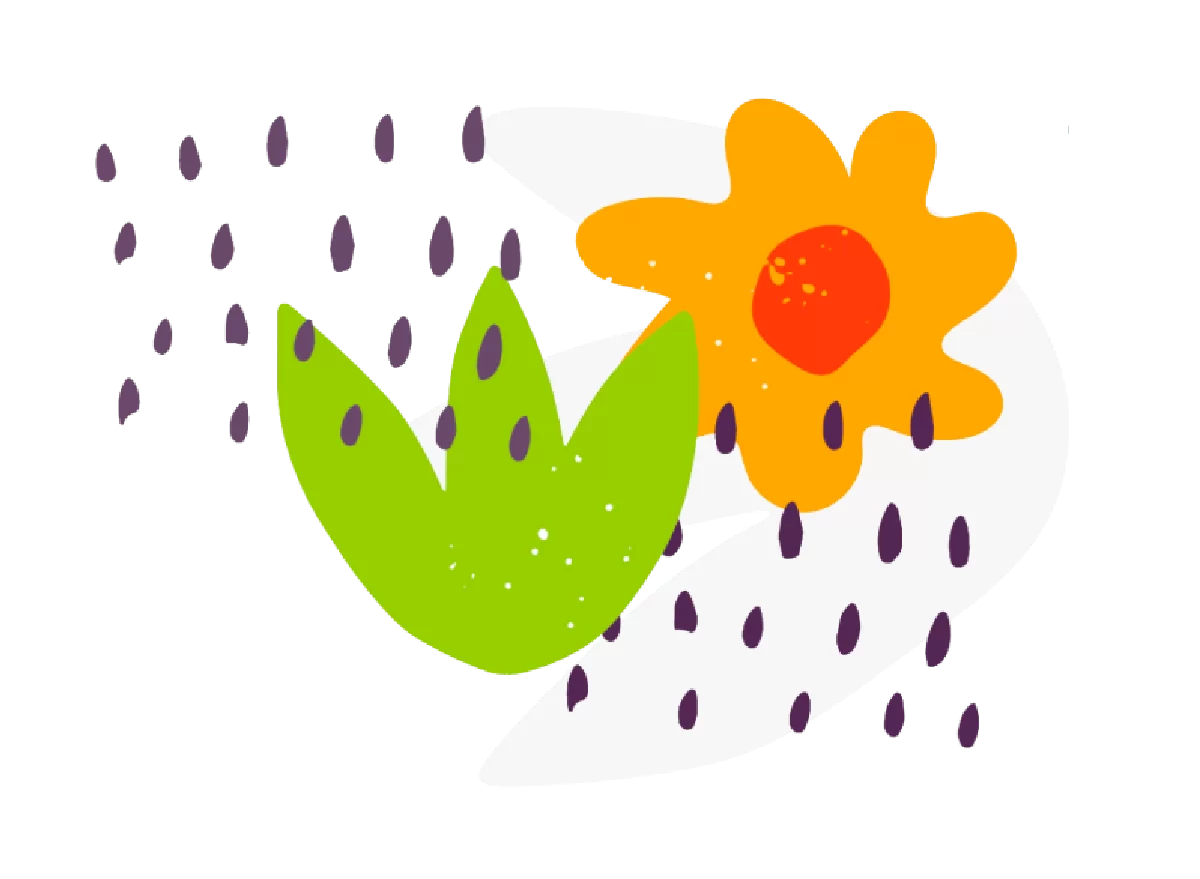Fostering communities is a critical aspect of supporting foster carers and care-experienced children and young people. Communities can come in various forms, such as support groups, mentorship, and programmes like The Mockingbird family model, and offer an essential space of support, conversation, and a sense of belonging. In this blog post, we will explore the importance of fostering communities and how they can help individuals feel more connected, valued, and empowered.
What is fostering communities?
“Fostering communities will mean different things and different people,” says Luke Rodgers, Lived Experience Leader and founder of The Care Leaders. “For me, I suppose the idea of community is having people around you – and foster carers need that community as much as children now.
“Children in care need foster carers that are adequately supported, appropriately trained, and provide loving homes. If they feel unsupported or overwhelmed, they will struggle to effectively support the children in their homes.
“The conditions in which they are under can make their role incredibly difficult. That being said, it’s important to recognise that foster carers are some of the most dedicated, passionate and strong individuals that I’ve ever met. People that, despite the lack of support they may receive, still roll up their sleeves.”
Support groups
Often, foster carers will experience difficulties when supporting their child or young person. In these circumstances, support groups are a good example of communities that can be built within the care system.
“Let’s say you’ve got a foster carer that’s really struggling to support a young person that has been diagnosed with ADHD. A support group is a really good way for them to offload.
“However, it doesn’t solve the problem. The support groups need to be able to result in actions.”
If a foster carer feels ill-equipped to support the young person with ADHD, for example, the need to be able to purchase training. But a lot of support groups don’t allow that function.
“All those support groups are great to be able to communicate with like-minded peers but unless they’ve got governance, unless they can authentically create actions and influence actions from it, they will feel they are not listened to.”
Mentorship
Mentorship is important for foster carers and usually comes from a supervising social worker.
“That relationship is crucial. Foster carers deserve social workers that are dedicated to supporting them. Unfortunately, though, the role of a social worker is so underfunded and usually has an incredibly high caseload. They’re under a lot of pressure so they require additional support to be able to effectively support their foster carers.
“So the support group needs to be able to offer change for actions, the supervisor social worker needs to feel that they’re appropriately supported with the right resources and finances, and foster carers need to be paid to be able to support children so they can run their homes.”
The Mockingbird programme
Mockingbird, a pioneering programme led by The Fostering Network, is a solution to these issues that delivers sustainable foster care.
It’s an evidence-based model structured around the support and relationships an extended family provides. The model nurtures the relationships between children, young people and foster families supporting them to build a resilient and caring community.
“At the centre of that network is a very experienced foster carer who is like the grandparent of the family. It creates a sustainable support network with one supervising social worker for the whole group who understands the family dynamic.
“It creates a physical community. They have to come together every month and do fun activities and it can keep siblings together. If a child can’t live with their brother or sister in the same foster placement, for example, they can live within the same community.
‘I’m a massive advocate for that. The Mockingbird family model is a ready-made solution that works.”
A child or young person might move in with a foster carer, but if things get too difficult and that foster carer doesn’t have support, the placement can come to an end. The Mockingbird family model solves that by allowing the child to go and stay with the grandparent of the family for a long weekend.
“That gives the child a break and it gives the foster carer a break. The experienced foster carer will act as a mediator, but if that doesn’t exist, the foster carer can become stressed and overwhelmed. If they don’t have a release for these feelings, they can build up until they finally say ‘I can’t take it anymore’ and the young person moves on.
“Communities act as a space where all of those kinds of soft, regular relationships of chitchat and conversation and moral support can exist unformalised, which is really important for humans.”
The benefits of community
For those people who have their own family networks, think about your own family, and now put yourself in a position where that no longer exists. If you think about all the things that you’ve lost, those are all the benefits of having a community.
“To me, it’s quite common sense. It’s just that a community is somewhat organic. It’s not governed by policy and procedure – it’s the opposite of it. The reason we’re talking about this as if it’s something that we need to learn is because we’re operating in a system that is governed by procedure, policies, rules, and regulations, and it’s quite rigid. A community isn’t rigid.”
How does a community ultimately support a young person?
If a young person in care has lost their family, the dynamic of that family, and the community that exists within it, this can cause various challenges for their mental health. They may have gone through bereavement or grief, and they are likely to come out with very heavy feelings.
“They are projected into a rigid system of rules and regulation, which they then leave at 18 years old – it doesn’t feel like a community.
“Young people deserve communities to have a sense of belonging, to have people around them that can communicate high expectations, to say ‘I believe in you’, to try something and fail and know that they’ve got that community to support them.
“All of the benefits that people that have got strong families have, young people deserve that.”
Overcoming barriers
The Mockingbird model has created a system that allows a community to operate. The challenges of building communities in care is that our mindset is so much about policy, procedure and rigid rule-following that a community and the concept of a free, organic, self-sustaining community that supports itself feels too scary.
“It’s too loose, it’s too free, and it will come with lots of challenges when you look at it from the lens of a rigid system.
“Communities operate within an organisation. What we’re trying to do is to create a community that is a social construct based on the values of communities, families supporting one another, emotionally, spiritually, physically, and financially – that’s all the things that a community does.
“Trying to implement that into an organisation is challenging because we’re also saying, it’s important to keep your professional and personal boundaries. But how do you maintain a professional boundary of that community when that community is trying to create a replication of a family?
“There are obviously things that we’ll have to keep in place, but it’s about looking at that system and thinking, okay, if we really want community, what barriers is our organisational structure creating? If we put our minds into understanding what a community needs, how do we remove some of those barriers safely and give people agency and ownership to solve their own problems and build their own community?”
Moving forward
For foster carers or anyone working with care-experienced children and young people, the Mockingbird family model is one of many innovative programmes that The Fostering Network runs to improve foster care and outcomes for fostered young people.
They are currently working with a growing number of local authorities, fostering services, children’s services trusts and independent fostering providers across the UK. You can find out more about the Mockingbird programme here.
Want to learn and develop the skills needed to create supportive communities? Sign up to The Care Leaders Online training membership.







